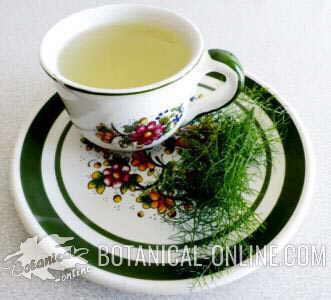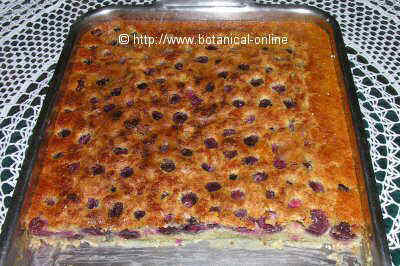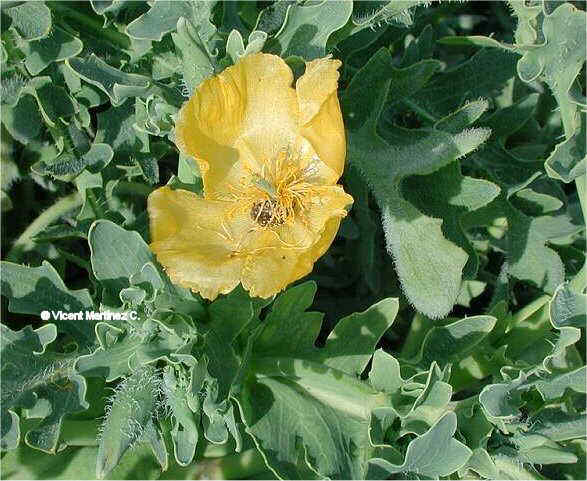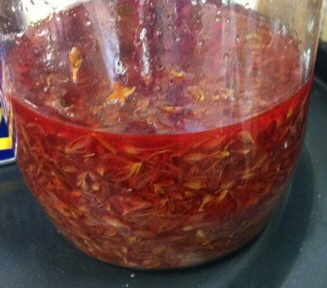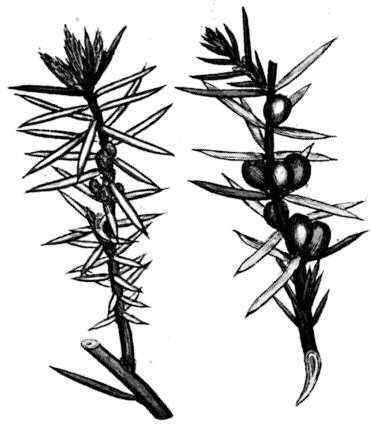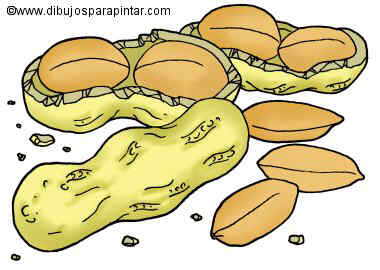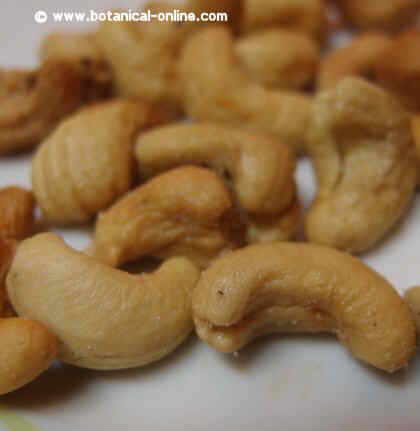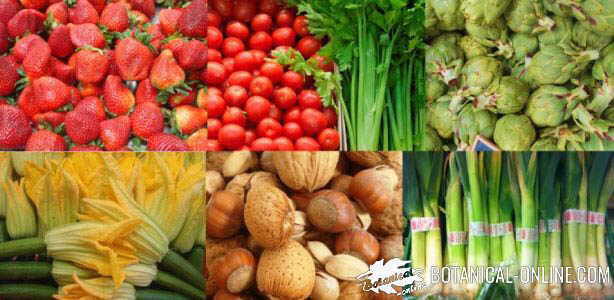Contents
What is chard good for?
What is chard?
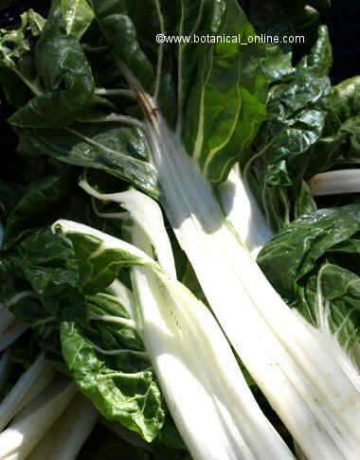
Chard (Beta vulgaris) is a vegetable.
It is made up of bright, thick leaves with a thick stem in the center that may be yellowish, redder, or green in color.
The leaves can also be greenish or reddish depending on the variety.
It has a slightly bitter taste, similar to spinach.
What does chard contain?
As a source of energy, 100 grams of chard provide us with 19 kilocalories.
Its proportion of nutrients is divided into:
- More than 92% is water, close to 0.2% fat.
- About 2% protein.
- More than 3.7% carbohydrates.
- More than 1.6% fiber.
From the point of view of minerals, it is a vegetable rich in potassium, magnesium, calcium and iron, but it also contains phosphorus and sodium, as well as small amounts of copper, manganese and zinc.
At a vitamin level, it is a fruit rich in vitamin A, vitamin C and vitamin B9. It also contains other B vitamins and vitamin E.
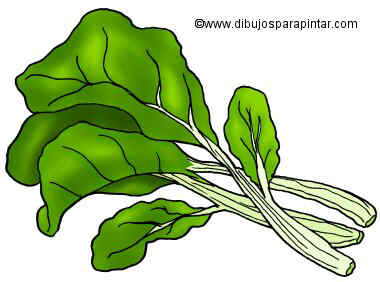
Composition of chard
- It has a very high water content that prevents us from becoming dehydrated.
- It provides us with very little energy in the form of calories.
- It contains very little fat. It has a moderate protein content.
- It has a low sugar content. It shows a low fiber content.
- It helps to eliminate toxins from our body, due to its potassium content.
- Calcium, together with phosphorus, maintains the balance of the formation of strong bones.
- Thanks to its magnesium content, it helps the contraction and relaxation of the muscles.
- Its iron content helps us to prevent anemia.
- Because of its vitamin B9 content, it helps us grow properly.
- It keeps our skin and helps keep it healthy, because of its vitamin A content.
- It protects us from colds and helps to heal wounds, due to its content of vitamin C.
- It protects us from toxins and aging, due to its content of vitamin A, C, E and the mineral zinc.
![]() More information on chard
More information on chard

